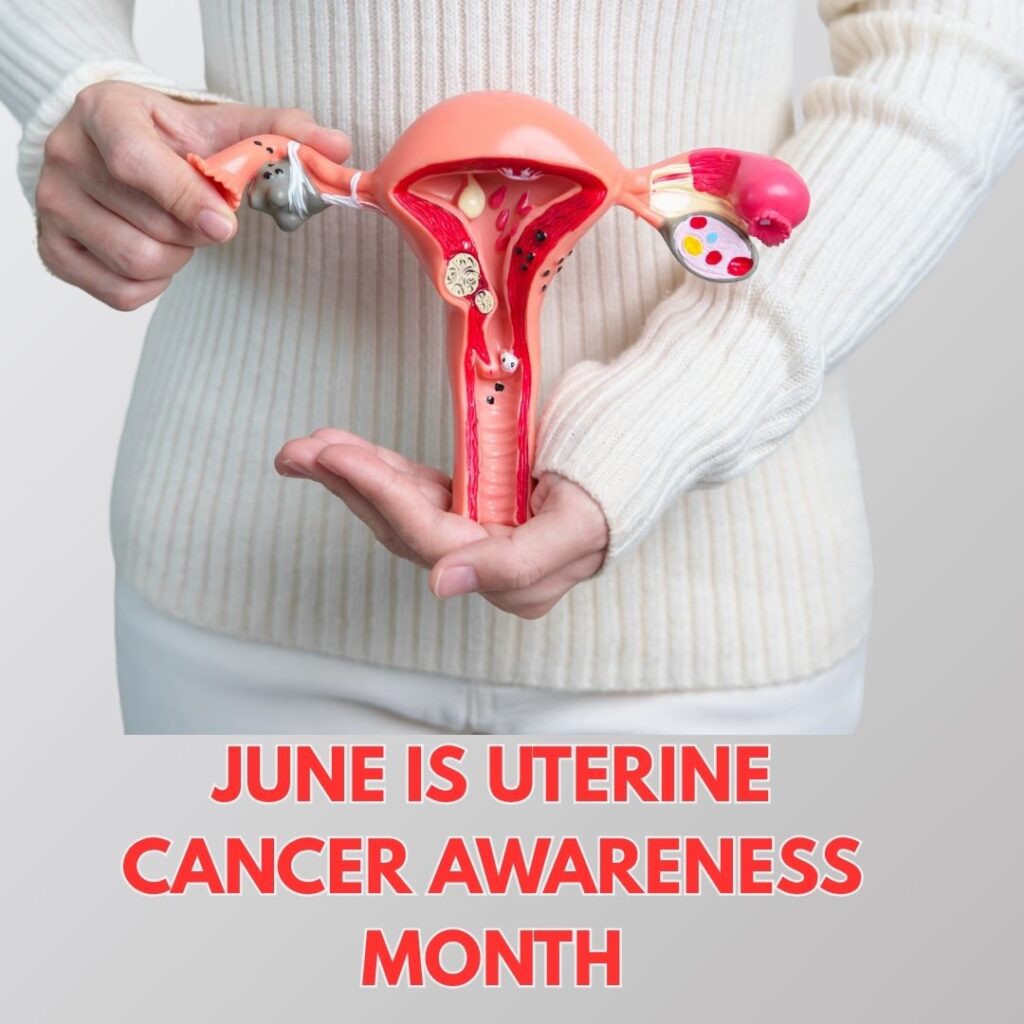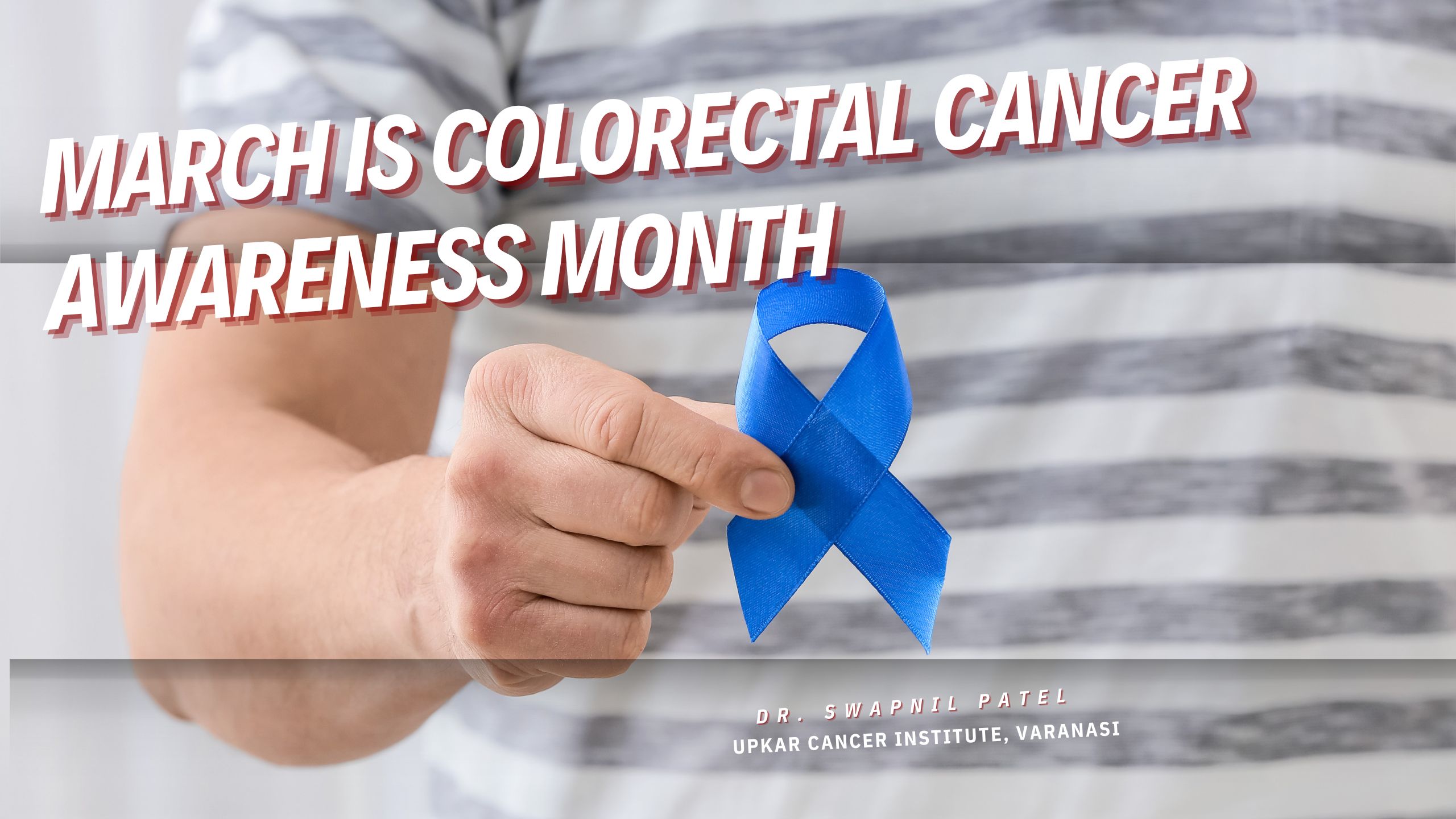Every June, we come together to shine a light on a disease that too often goes undetected until it’s too late — uterine cancer, also known as endometrial cancer. It is the most common gynecologic cancer globally and ranks fourth among all cancers in women in India. Despite its prevalence, awareness remains strikingly low.
As a cancer surgeon with years of experience treating gynecologic cancers, I’ve seen firsthand how early detection can change the course of a woman’s life. This Uterine Cancer Awareness Month, let’s talk about symptoms, risks, prevention — and most importantly, hope.
What is Uterine Cancer?

Uterine cancer primarily affects the endometrium, the inner lining of the uterus. It occurs when abnormal cells begin to multiply uncontrollably, forming a tumor. While most common in postmenopausal women, we are increasingly diagnosing younger women in their 30s and 40s — a worrying trend linked to lifestyle and hormonal factors.
Did you know?
Over 90% of uterine cancers are endometrial cancers, and more than 80% are diagnosed at an early stage, which is why awareness and vigilance are critical.
Know the Risk Factors – Knowledge is Power
Uterine cancer does not appear out of nowhere. A combination of factors can increase a woman’s risk. Understanding these can help you make informed health decisions.
Major Risk Factors:
- Hormonal Imbalance: High estrogen levels without progesterone can overstimulate the endometrium.
- Age: Risk rises significantly after menopause.
- Obesity: Fat cells produce estrogen, increasing risk. Obese women have a 2 to 4 times higher chance of developing uterine cancer.
- Type 2 Diabetes: Insulin resistance plays a role in cancer development.
- Family History: A history of uterine or colon cancer may suggest genetic syndromes like Lynch syndrome.
“If you’re a woman over 50, or living with obesity or diabetes — your vigilance can save your life. Don’t ignore the signs.”
Spot the Symptoms Early – Your Body Talks, Listen Closely
The good news is uterine cancer often announces itself early — but the bad news is, we ignore or normalize the signs.
Symptoms You Should Never Ignore:
- Unusual Vaginal Bleeding
Especially after menopause or between periods. - Pelvic Pain or Pressure
Persistent, unexplained pain in the pelvic region. - Unexplained Weight Loss
Particularly when combined with fatigue or appetite loss. - Frequent or Painful Urination
If unrelated to infection or other known causes.
“Postmenopausal bleeding is NEVER normal. Even a single episode warrants a visit to your doctor.”
Prevention & Early Detection – Your Best Defense
Uterine cancer is one of the few cancers where early symptoms and timely screening can result in complete cure when caught early.
What You Can Do:
✅ Regular Gynecological Exams
Pap smears, pelvic exams, and transvaginal ultrasounds or endometrial biopsies when needed.
✅ Adopt a Healthy Lifestyle
Maintain a healthy weight, eat fiber-rich foods, stay active, and manage chronic conditions like diabetes and PCOS.
✅ Understand Your Hormones
If you’re on hormone replacement therapy (HRT), ensure it’s balanced with progesterone.
✅ Genetic Testing if Needed
If there’s a family history of cancer, consider screening for Lynch Syndrome or other genetic markers.
“Early-stage uterine cancer has a 5-year survival rate of over 95%. Early action = better outcomes.”
Why Upkar Cancer Institute, Varanasi?
At Upkar Cancer Institute, we bring a patient-first approach backed by cutting-edge diagnostics, multidisciplinary care, and years of surgical expertise. As someone who has served as an Associate Professor at Mahamana (TATA) Cancer Hospital, Varanasi, I understand the value of combining clinical precision with human compassion.
We have helped hundreds of women through their uterine cancer journey — from diagnosis to surgery and survivorship.
Final Thoughts: Let’s Break the Silence
Too many women suffer in silence — either dismissing symptoms or fearing the worst. This month, let’s replace silence with strength, stigma with support, and fear with facts.

